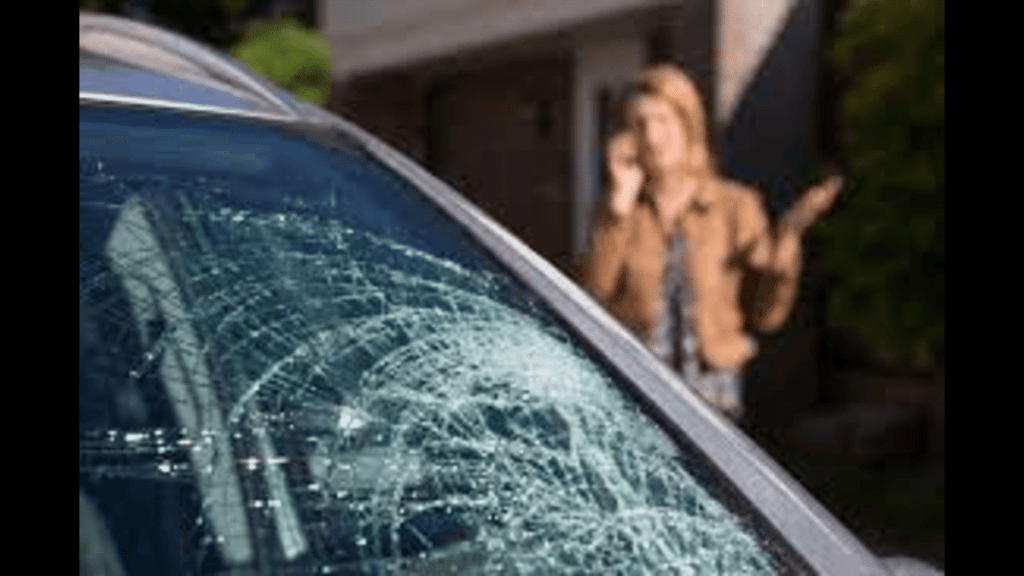A comprehensive glass policy is a type of insurance that covers many different kinds of breakable or damaged Glass or similar products. A standard glass policy, which usually only covers plate glass, doesn’t cover as many types of manufactured Glass as a comprehensive glass policy. It also covers the Glass whether it was broken or destroyed by accident or on purpose.

The policy can cover windows and doors, as well as decorative glass displays and signs. Glass may be covered by full auto insurance.
ALSO READ: The Best Laptop Insurance as of 2022
How to Understand All Glass Policies
Homeowners and business owners often underestimate how much it will cost to replace glass windows and doors that are broken or damaged—repairing a window that separates the inside of a building from the outside needs to be done right away. This is different from other building repairs that can wait until later.
Many windows are cut and made to fit a certain space, so you probably won’t find them in a store near you. Some things, like display cases and curved or coloured Glass, must be made after they are ordered. Any specialisation can make replacing a broken piece of Glass more expensive.
Comprehensive glass policies cover broken or damaged Glass that was broken on purpose or by accident. For example, a heavy object might accidentally hit a glass door and break it, or a thief might purposely smash a glass display window to get to the goods inside. Since the policy is all-inclusive, it covers the costs of replacing the items in both cases. A comprehensive policy will cover more than just plate glass, which most standard property insurance policies coverage.
As with other types of insurance, the policyholder has to list the different pieces of Glass that the policy will cover. The policyholder may only want to cover windows and display cases that face the outside but not lamps or glass signs. Some building owners may ask businesses that rent space to split the cost of a comprehensive glass policy.
Most insurance policies don’t automatically cover every risk, but policies that cover Glass come close. They may not cover damage caused by certain things, like damage the policyholder does on purpose.
ALSO READ: The Best Jet Ski Insurance as of 2022
Complete Glass Coverage for the Car
Most insurance policies that cover collision damage don’t cover any glass damage that doesn’t happen during an accident. On the other hand, comprehensive auto insurance policies usually cover the cost of replacing a car’s windshield glass, even if the damage was caused by something else (like a falling tree branch).
If the windshield needs to be fixed or replaced, there may not be a deductible. This is because insurers see the windshield as a necessary car part. In some states, like Kentucky, South Carolina, and Florida, the law says that Glass must be covered with no deductible or have the option to be covered with no deductible (e.g., Connecticut, Arizona, Massachusetts, Minnesota, and New York). Drivers who don’t have a policy that covers everything may have to pay a deductible on top of their premiums. Also, sometimes the Glass can be fixed instead of being replaced.
Insurance companies think damage to the windshield is common, so they expect it to happen. But the damage to other car windows might not be covered similarly. Things like headlights, door window glass, and the back window will likely have to pay the full amount of the policy deductible. If you add full glass coverage to a comprehensive auto insurance policy, you usually won’t have to pay for the damage out of your pocket.
One example of a full-glass policy
Say you are driving on the highway, and something from a truck in front of you hits your windshield, causing a spider crack. Even though no one was hurt, you need to fix your windshield. Many insurance companies now have glass-claims departments. First, check your policy to see if it covers glass damage. Call that department’s hotline to report the damage and file a claim if it does. Your insurance company can also tell you if they can eliminate the deductible.
Then, you’ll be told to take your car to a place that can fix it. Then they’ll bill your insurance, and you’ll only have to pay your deductible (if you have any).
ALSO READ: Wedding Insurance – What is Wedding Insurance and How Does it work?
